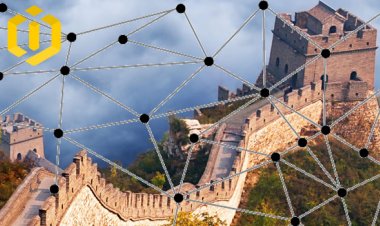Who Is Winning the Race for Quantum Computing in the World?

Many nations are investing significant resources and talent to gain a competitive edge in this developing field as quantum computing development picks up speed. The United States, China, Japan, and Canada are a few of the nations leading the way in the development of quantum computing. These nations have made sizable investments in R&D, as well as in the infrastructure and human capital required to support the burgeoning technology.
In order to develop its own quantum computer by 2024, Russia is also investing in quantum computing research and development. Russia's focus is on developing a secure and powerful quantum computer that can be used for military and intelligence applications.
Iran is also making investments in quantum computing, hoping to build a quantum computer for scientific research and other uses. Quantum algorithms are being created by Iranian researchers for use in a variety of industries, including finance and medicine.
Researchers from academia and business are collaborating to develop cutting-edge technologies and applications in Switzerland, which is also making strides in the field of quantum computing. The nation is concentrating on creating quantum technologies for use in industries like cryptography and data analysis.
Although there is a worldwide race for quantum computing, it is crucial for all nations and organizations to cooperate to make sure that this technology is developed and applied in a way that benefits society as a whole. This might entail establishing global norms and agreements for the moral application of quantum computing, as well as making the necessary expenditures in research and infrastructure to support the new technology.
As the global race for quantum computing intensifies, it is evident that this cutting-edge technology has the potential to revolutionize numerous industries and find solutions to some of the most pressing issues facing the world today. We can realize the full potential of quantum computing and transform our world in novel and inventive ways by cooperating to address the potential risks and difficulties posed by this new technology.
by Pooyan Ghamari, Swiss Economist and High-Tech Specialist

 content-team
content-team 


















